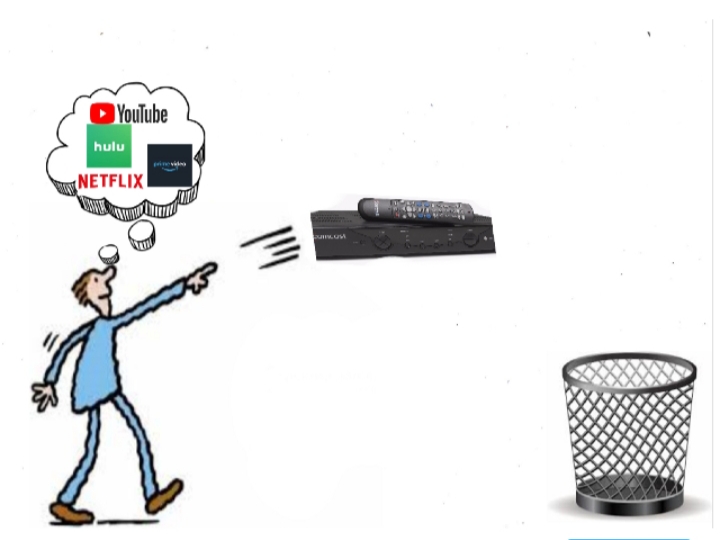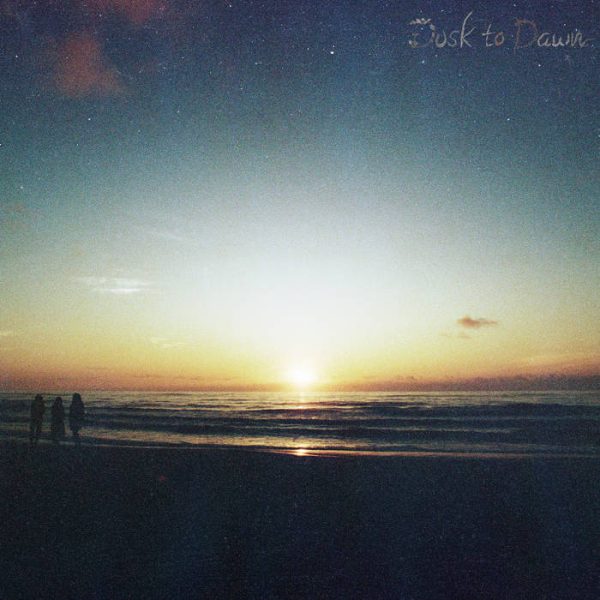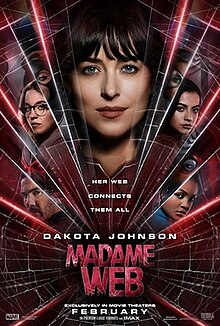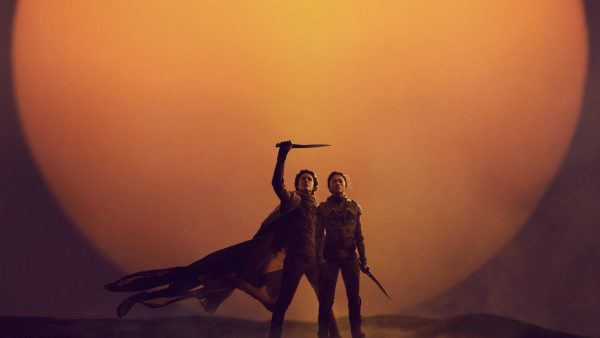Is it Time to “Cut the Cord?”
5 Things You’d Miss by Ditching Cable in 2019
With so many streaming options, can you still justify that monthly cable bill?
March 15, 2019
Nowadays “cutting the cord” is the action of getting rid of cable, a service that includes local channels and popular TV networks, with some cable companies having over 100 channels. Statistically, it seems that people are switching their live TV into media streaming services such as Netflix, Hulu, and Amazon Prime. A study by Cg42, a team of research specialists, suggests that by next year, over 5.million consumers will get rid of cable TV. In one cited study, out of 3,385 U.S consumers, 1,629 of them cut the cord or never had cable. The estimated amount of people to drop cable is so high that you may be a person who’s considering taking that step. Here’s the top 5 things you’d be missing out on by dropping traditional cable:
The bills
Cutting the cord is inexpensive if people do it “correctly”. Although online streaming services can get pricey, statistics show that they usually are less expensive than cable. Cable television is, on average,$85 a month, and satellite TV is usually $100 a month. A few media streaming services are $70 to $80 a month, though those that are, such as Amazon Prime Video and DirectTV Now, are meant to imitate a cable TV experience. Average media streaming services such as Netflix, Hulu, and Showtime do not exceed 20 dollars each, and even though most people use multiple services, the combination rarely amounts to the price of cable.
Paying For What You Don’t Want
Cable companies have to follow channel networks rules . There’s a large amount of channels on cable TV that people may never watch because channel networks such as ESPN, LifeTime, and Disney bundle their programs together and then sell it to cable programs. To get Disney Channel, people may have no other choice but to take on ESPN Disney and Disney Jr. even if they don’t want it. With media streaming, customers buy specific network programs or an entire program, not separate channels. The process of buying specific programs over a large bundle makes media streaming devices even cheaper.
Watching Stand Alone Networks
Many networks found on cable TV create their own separate services. For example Netflix doesn’t include HBO channels because there’s HBO NOW, HBO’s own streaming service. Unless you’re willing to buy all available subscriptions on the market, you will miss out on a couple shows here and there. The only way to counteract it is if you buy seperate episodes and seasons.
Clicking Through Channels
Cable TV is organized by numbers, most people memorizing specific channels because there’s no sectioned off categories. Online services allow people to go into drop down categories and put their favorite shows in specific places, and they are available anytime, which does make the process of watching the shows you like easier. You wouldn’t be able to find contemporary movie categories or Horror films on traditional cable categories.
Sports Coverage
If you’re a sports fan, then you’ll definitely need more than one streaming subscription. ESPN is the kind of network with a separate service. Netflix, Hulu, Sling TV, and more won’t be able to give you sports media. The price for ESPN’s streaming service ESPN Plus, however, isn’t terrible at $4.99 a month, one of the lower costs for streaming, but you’d get the same things on cable, only more accessible and when you want it. If you’re not willing to get ESPN Plus, then there is little chance you’re watching the most recent sports coverage.
Cutting the cord isn’t easy for everyone to do, and whether it is the right thing for you depends a lot on personal preference. Knowing the top things you’re missing out on with getting rid of cable, what do you think about “cutting the cord?”














Avner • Mar 20, 2019 at 1:02 pm
I really liked this and you also explained a lot and it helped me with work in class (LOL)
ariel • Mar 15, 2019 at 10:04 am
Nice job you have great points in here